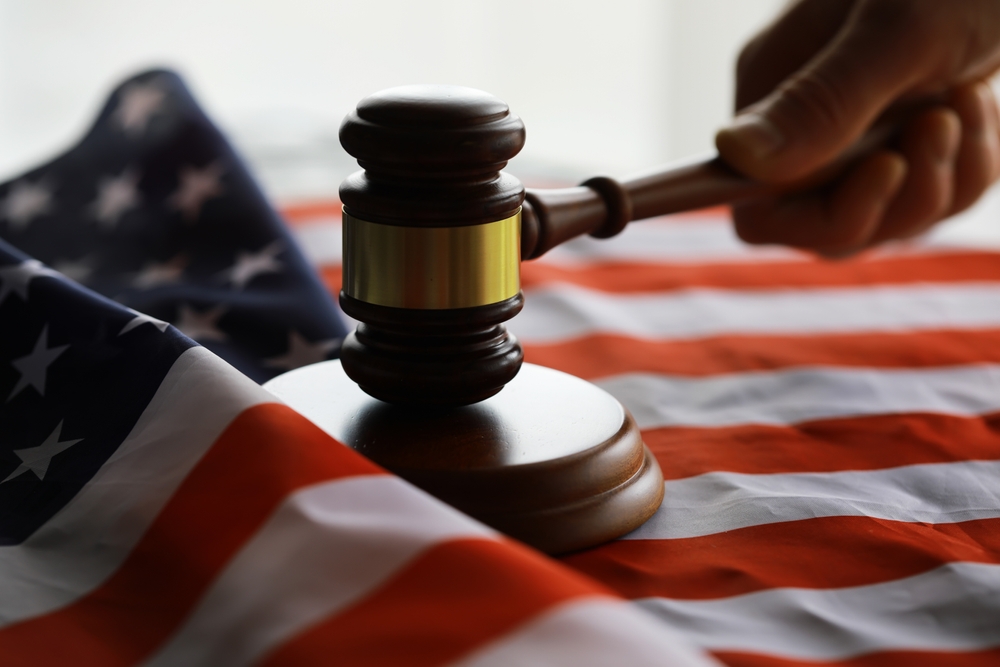Many actions that seem harmless or routine in daily life can sometimes cross the line into illegality without people realizing it. While the laws in the United States vary by state and local jurisdiction, some activities are commonly misunderstood or overlooked. Below is a list of ten everyday things most Americans do that are actually illegal. Understanding these can help avoid unintentional legal trouble and improve personal compliance with the law.
1. Jaywalking in Certain Areas
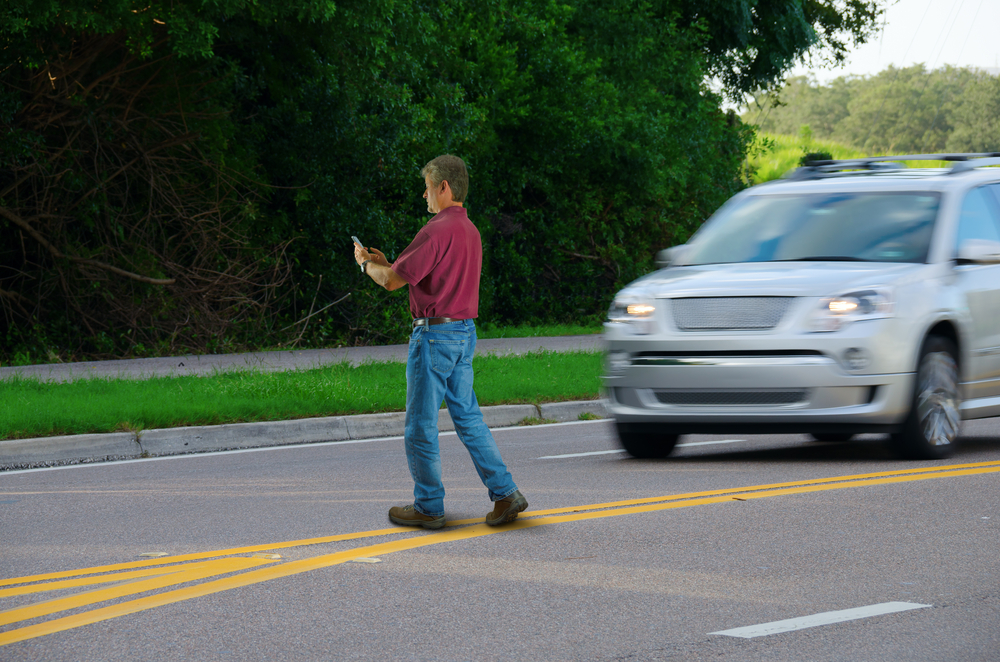
Crossing the street outside of a designated crosswalk or against a traffic signal is illegal in many cities and states. Jaywalking laws aim to protect pedestrians and prevent accidents. Although enforcement varies, fines can be imposed, especially in busy urban areas. Ignoring these rules risks not only a ticket but also pedestrian safety. Many people underestimate how quickly vehicles can approach, making jaywalking a surprisingly dangerous habit.
2. Using a Cell Phone While Driving
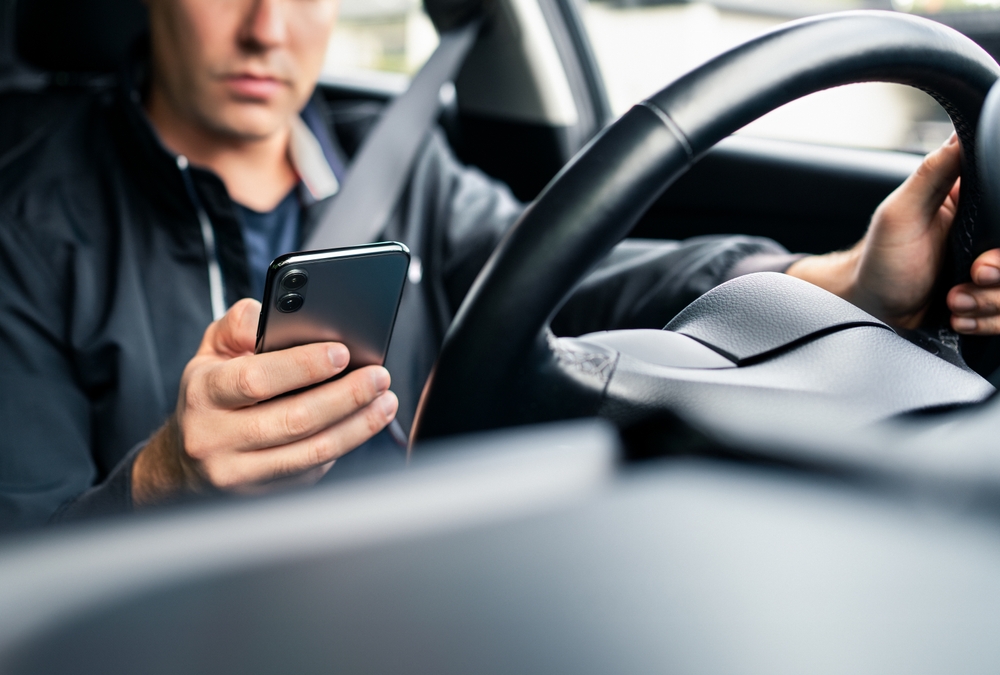
Many states prohibit the use of handheld devices while driving. Talking on the phone without a hands-free device, texting, or browsing the internet can lead to hefty fines and even license suspension. These laws exist because distracted driving significantly increases the risk of accidents. Despite widespread knowledge of these restrictions, many drivers still violate them daily. Law enforcement agencies often prioritize cracking down on distracted driving due to its link to serious crashes and fatalities.
3. Downloading or Sharing Copyrighted Content
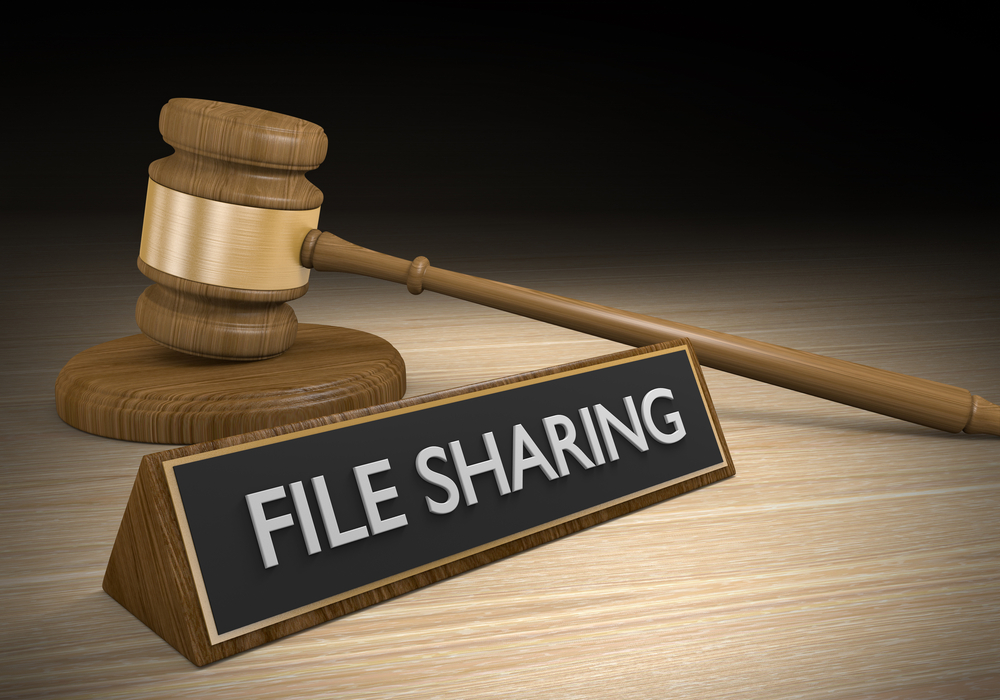
Downloading movies, music, or software without permission is illegal under copyright laws. Peer-to-peer file sharing of copyrighted materials is also prohibited. While it may seem harmless, engaging in these activities can lead to civil lawsuits or criminal charges. Content creators rely on copyright protections to earn revenue and support their work. The penalties for copyright infringement can include significant fines and even jail time in extreme cases.
4. Not Reporting a Change of Address for Vehicle Registration
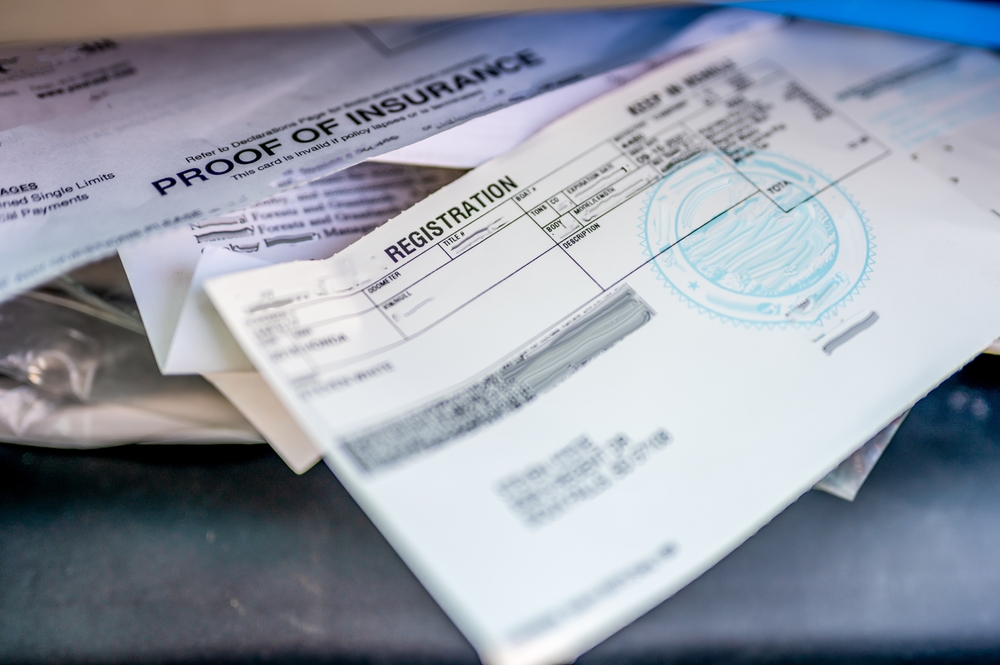
In many states, drivers must update their address on their vehicle registration within a specified period after moving. Failing to do so is illegal and can result in fines or complications during traffic stops or vehicle inspections. This requirement ensures proper mailing of important notices and keeps state records current. Updating your address promptly also helps avoid missing critical communications about recalls or insurance requirements.
5. Selling Items Without a License

Many people occasionally sell goods online or at local markets without realizing they may need a business license or permits. Operating without proper authorization can be illegal, especially if the sales volume or frequency meets regulatory thresholds. Licensing laws help ensure tax compliance and consumer protection. Additionally, some states require sellers to collect and remit sales tax, which is easier to track with proper licensing.
6. Recording Phone Calls Without Consent

In several states, it is illegal to record a phone call unless all parties involved consent to the recording. These “two-party consent” laws vary by state but are designed to protect privacy rights. Recording conversations without permission can lead to criminal charges or civil liability. Many are unaware that their casual recordings may be unlawful. Businesses, especially call centers, must follow strict guidelines to avoid violating these laws and facing penalties.
7. Letting Your Dog Roam Off-Leash in Prohibited Areas
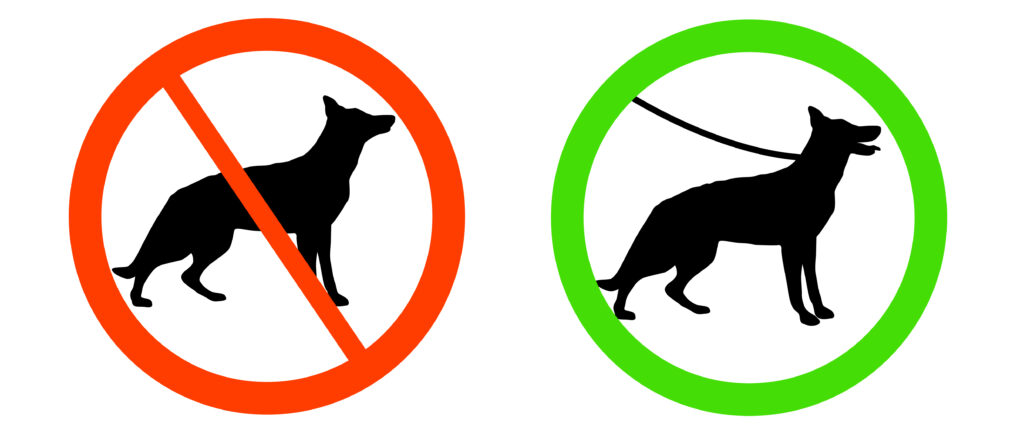
Local ordinances often require dogs to be on a leash in public places. Letting a dog roam free in areas where it is not permitted is illegal and can lead to fines or animal control intervention. These laws prevent accidents, protect other people and animals, and ensure responsible pet ownership. Off-leash dogs can also disturb wildlife and cause property damage, which local authorities aim to minimize through leash laws.
8. Using Someone Else’s Wi-Fi Without Permission

Many people do not realize that accessing a neighbor’s or a business’s Wi-Fi network without explicit permission is illegal, even if the network is unsecured or does not require a password. Under the Computer Fraud and Abuse Act (CFAA), unauthorized access to computer networks, including Wi-Fi networks, can be considered theft of service or hacking. This means you could face criminal charges, including fines and imprisonment, depending on the severity of the offense and local laws. Businesses, in particular, rely on Wi-Fi for daily operations, and unauthorized usage can slow down the network or expose sensitive information. Some individuals justify this behavior by thinking that if the network is not password-protected, it is open for public use. However, this is a misconception, and courts have ruled that lack of password protection does not imply permission.
9. Parking in Handicap Spaces Without a Permit
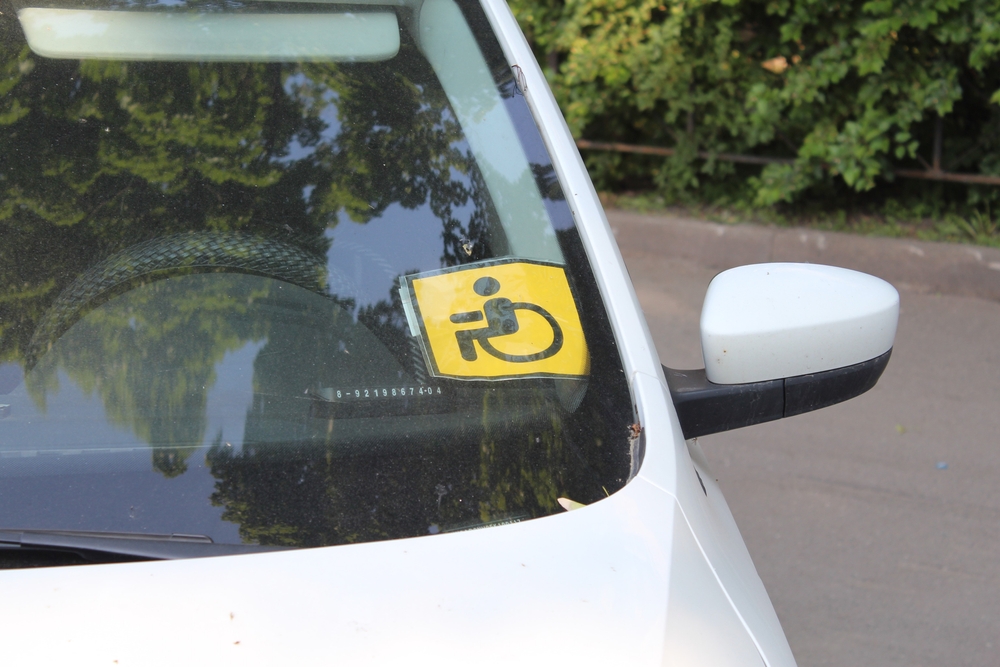
Parking in handicap or accessible parking spaces without the proper permit or placard is a violation of federal and state laws designed to ensure that people with disabilities have adequate access to essential services. These spaces are strategically placed near building entrances, ramps, and other accommodations to make mobility easier for those who need it. The Americans with Disabilities Act (ADA) sets standards for accessible parking, and states enforce these rules through fines, towing, and other penalties. Despite widespread awareness, illegal parking in these spaces remains a common issue. Some drivers ignore the restrictions simply for convenience or underestimate the importance of the reserved spaces. However, parking illegally not only deprives those with genuine needs of access but can also delay or complicate emergency services.
10. Using Fake Identification
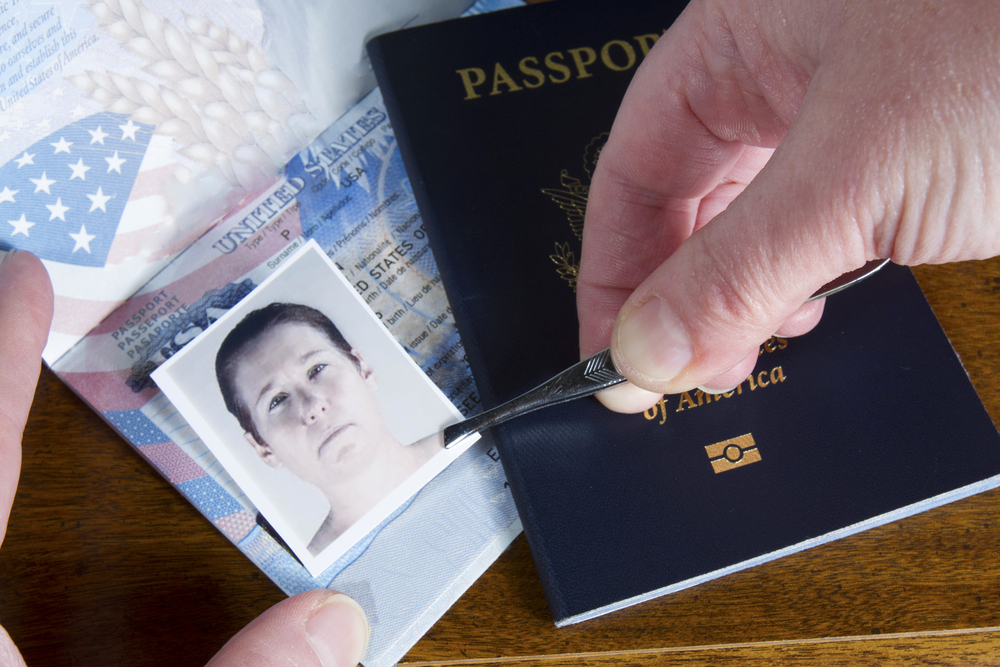
The use or possession of fake identification is illegal nationwide and can lead to serious consequences. Fake IDs are often used by underage individuals trying to purchase alcohol, enter bars or clubs, or gain access to other age-restricted venues. While the practice is common, it carries significant legal risks, including criminal charges for fraud or misrepresentation. Laws regarding fake IDs vary by state, but most impose fines, mandatory community service, suspension of driving privileges, or even jail time for offenders. In some cases, possession of a fake ID can be charged as a misdemeanor or felony, particularly if the fake ID is used for multiple offenses or in conjunction with other crimes. Businesses that accept fake IDs can also face penalties, including fines or loss of licenses.
Final Thoughts
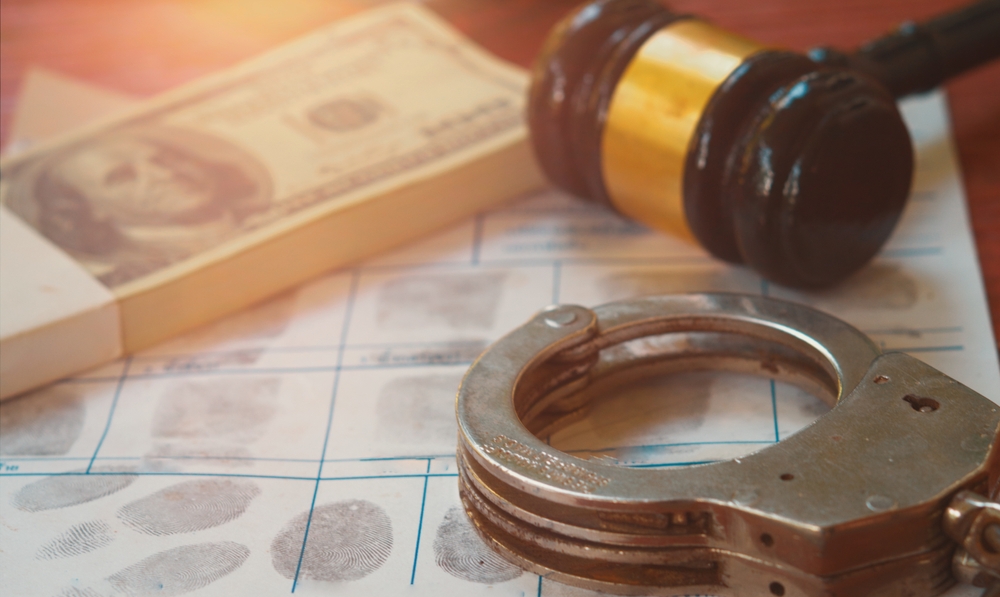
Understanding that common behaviors can sometimes break laws helps Americans act more responsibly and avoid penalties. Many of these illegal activities do not cause immediate harm, which contributes to widespread ignorance. However, being informed can lead to safer, more lawful habits in everyday life.
Read More: 13 Bizarre Laws You Need to Know Before Traveling or Moving Abroad
Disclaimer: This article was created with AI assistance and edited by a human for accuracy and clarity.
